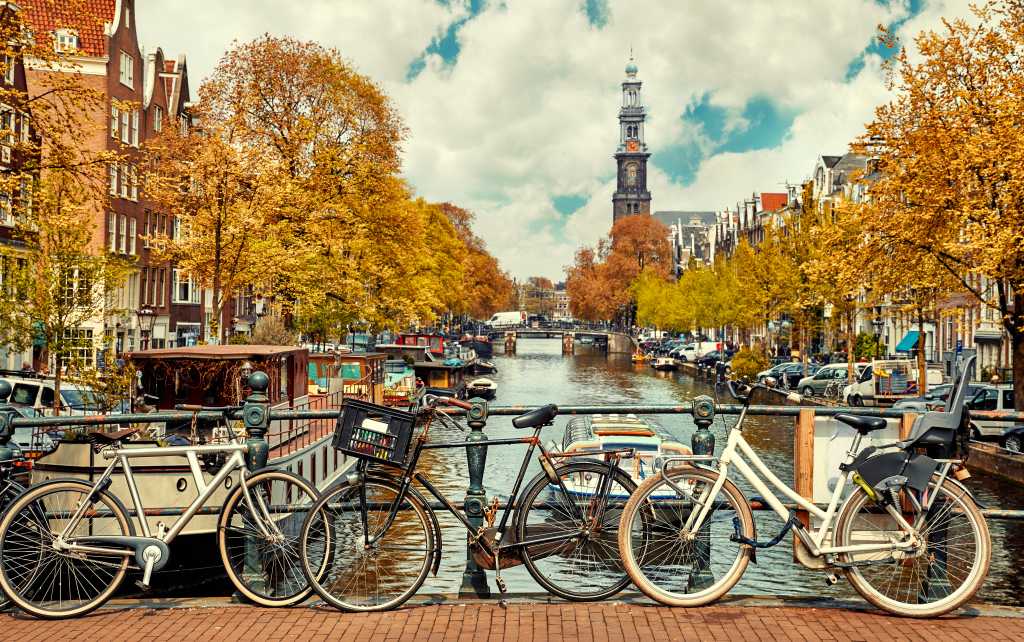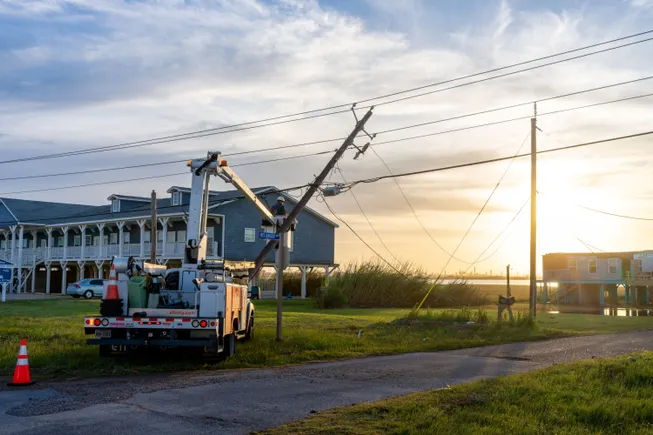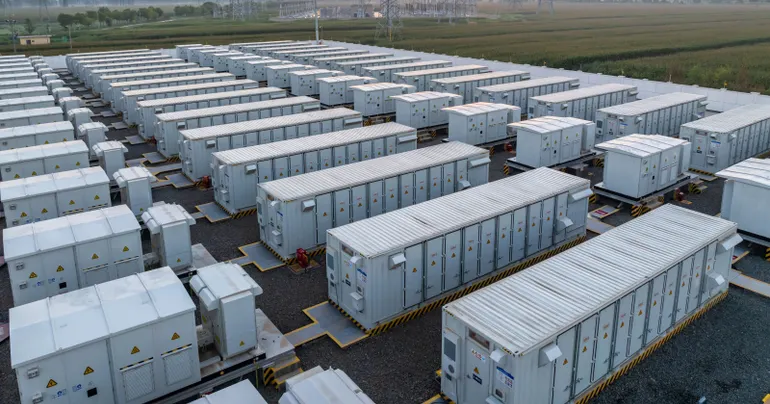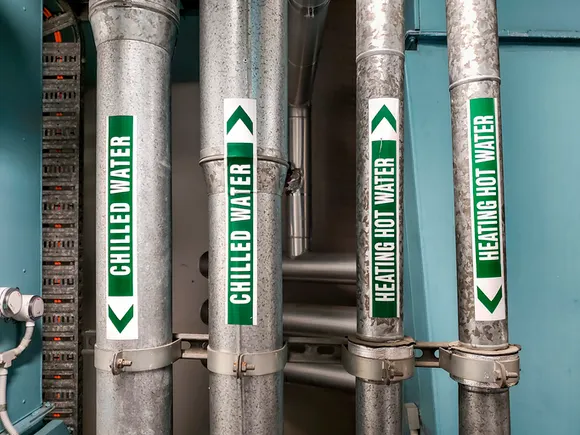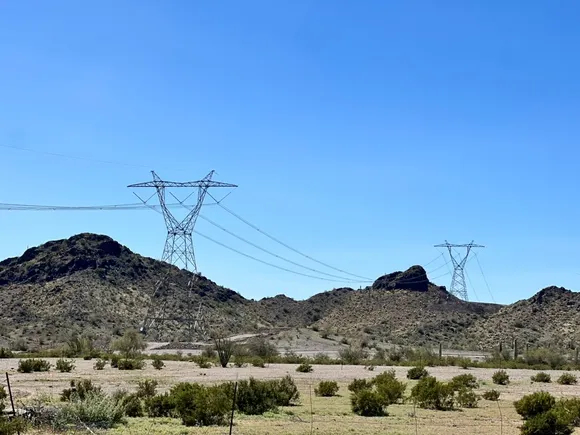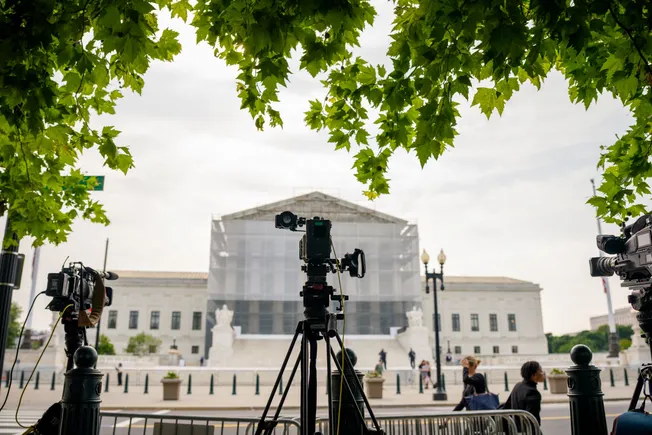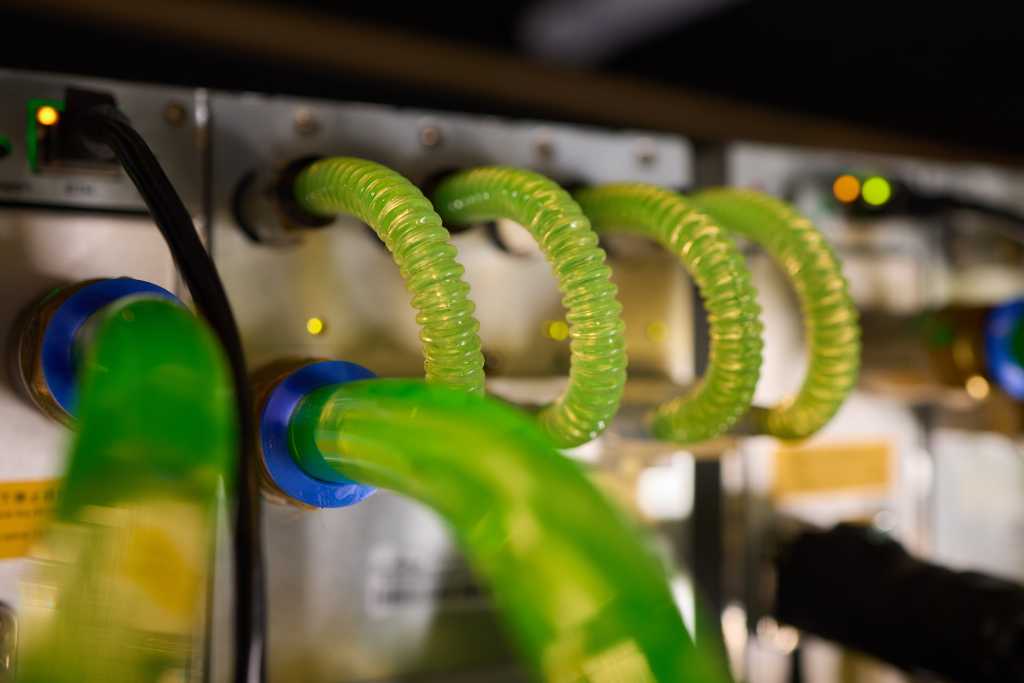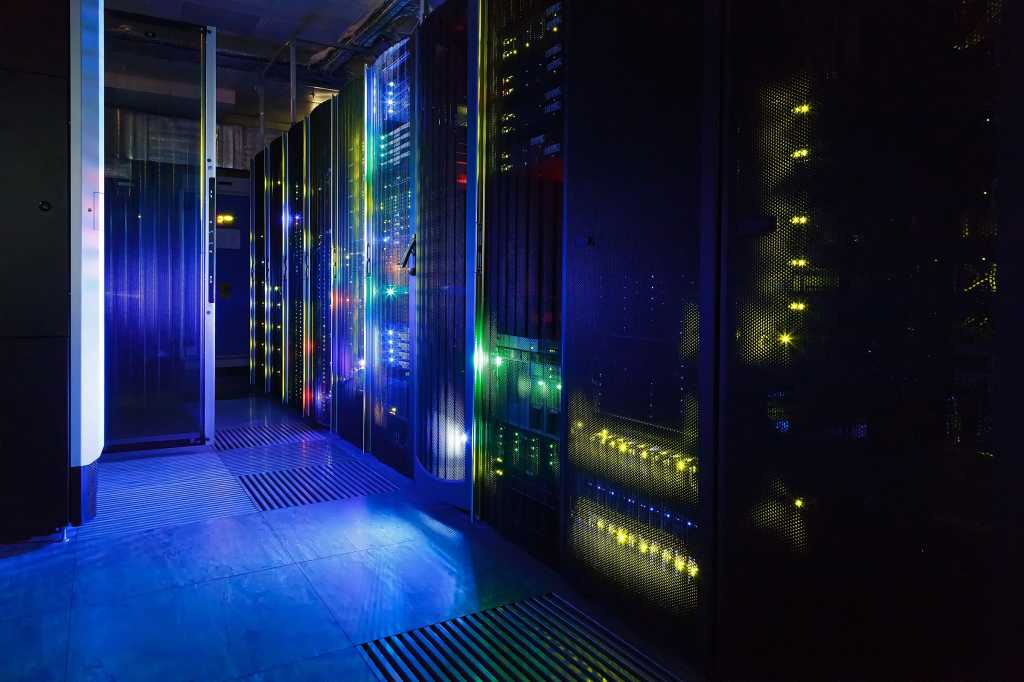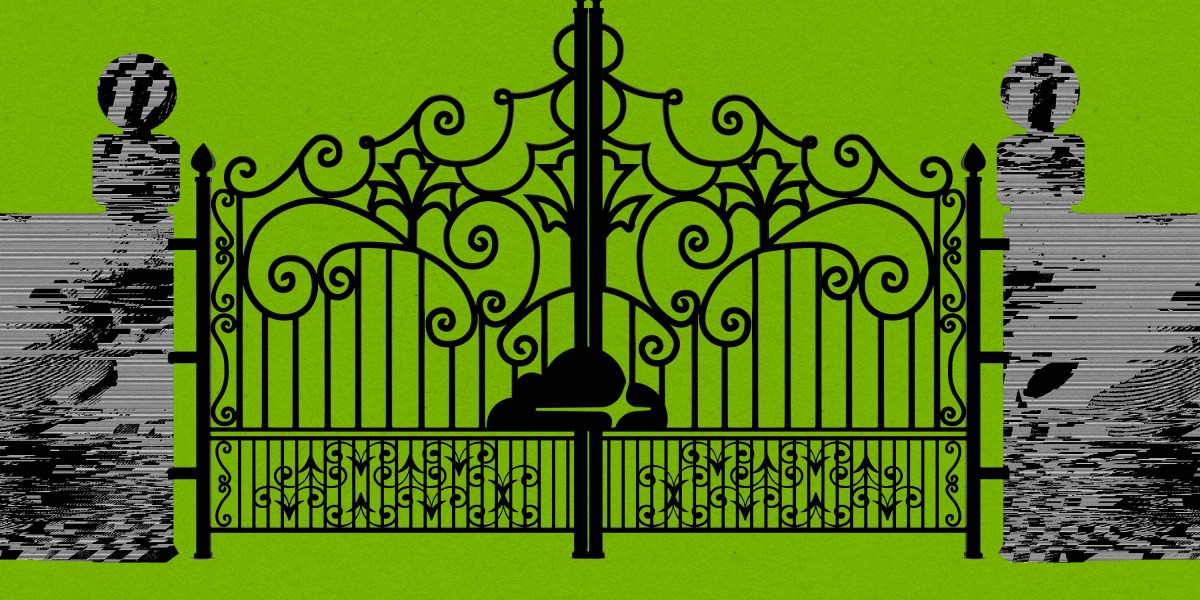Dive Brief: The New Jersey Board of Public Utilities plans to procure at least 1 GW of transmission-scale energy storage in two competitive solicitations over the next 12 months, it said on June 18. The board aims to procure 350 MW to 750 MW by Oct. 31 and the remaining capacity needed to reach the 1 GW target in a second solicitation in the first half of 2026, it said. The two solicitations show New Jersey is moving forward with the clean energy plan signed into law by Gov. Phil Murphy, D, in 2018, which mandates 2 GW of new energy storage by 2030 and 100% “clean energy” by 2050. Dive Insight: The board’s long-awaited announcement came seven years after Murphy signed what was characterized at the time as an “aggressive” plan to boost the state’s renewable portfolio and storage targets. The solicitation “is the culmination of two years of extensive stakeholder engagement, incorporating valuable feedback from a diverse range of industry experts, environmental groups and public representatives,” the board said in a statement. The first phase, which opened to bidders on June 25, is open to transmission-scale projects, including standalone storage, additions to existing solar, and solar-plus-storage resources, according to the program’s website. They will be funded largely through the New Jersey Clean Energy Program budget, which receives funding from a long-running utility bill surcharge, and will not increase costs for ratepayers, the board said. “This ambitious program directly addresses demand growth and limited supply, the root causes of recent rate increases, while simultaneously building a major part of the state’s clean energy future,” the board said. New Jersey’s generation mix is 35.8% natural gas, 57.5% nuclear and 4.8% renewables, according to the U.S. Energy Information Administration. While the first phase of New Jersey’s program is focused on bulk


